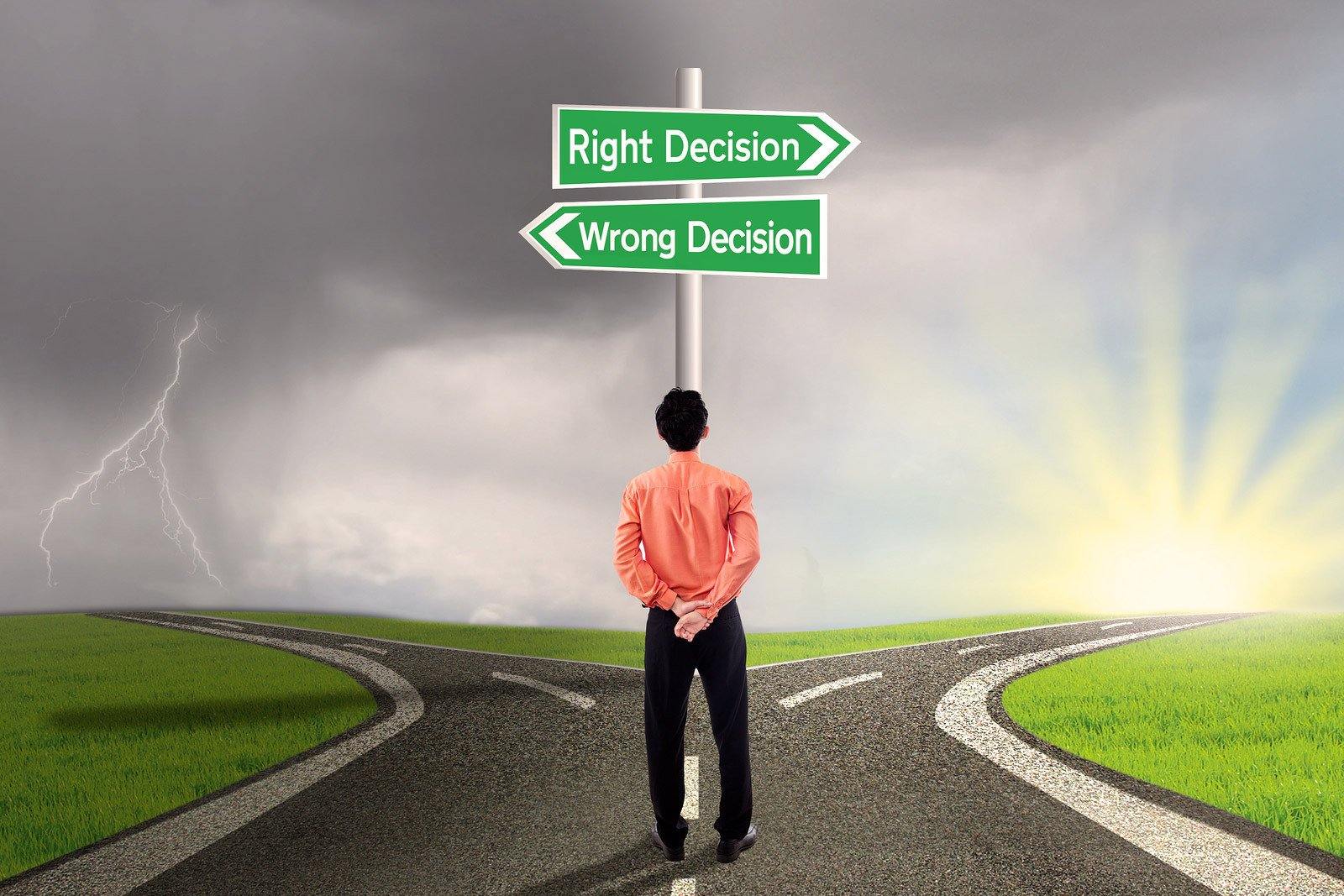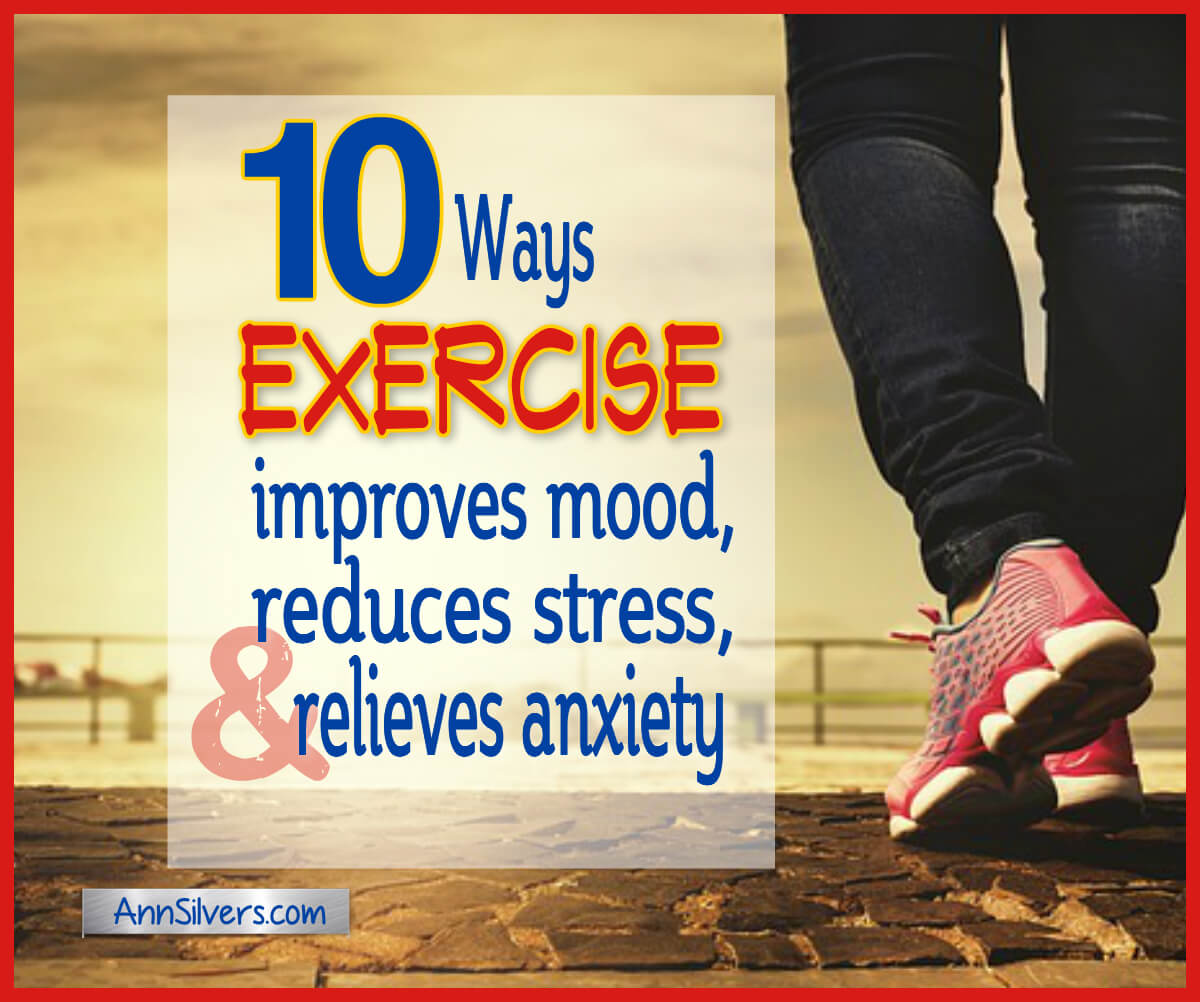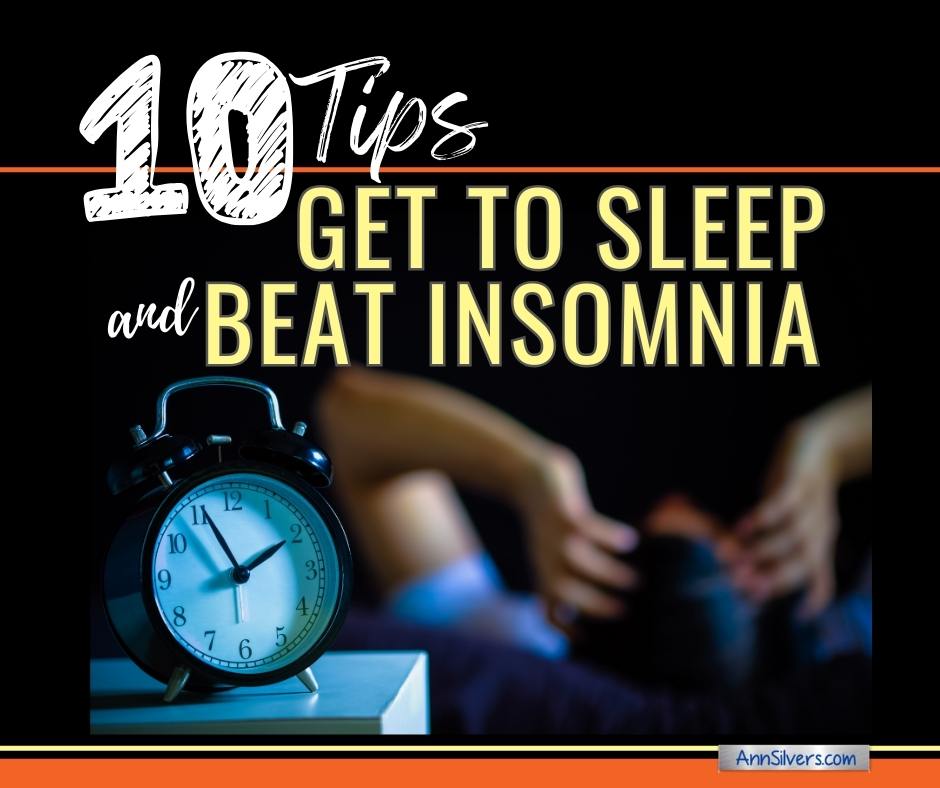
The Right-Wrong Trap: How Black-and-White Thinking Skews Decisions 0
Black-and-white thinking—also called polarized, all-or-nothing, or dichotomous thinking—is a cognitive distortion that oversimplifies your options and messes with your decision-making.
This post explains how the right-wrong trap can lead to stress, fear, and indecision, and offers tips and worksheets to help you shift toward more realistic, flexible thinking.
- Ann Silvers
- Tags: anxiety Cognitive Behavorial Therapy emotional intelligence stress

Vitamin D: the Anti-Anxiety Vitamin 0
This is a guest post by Dr. Jessica Corbeille, ND.
Most people agree—they feel happier on a sunny day than a gloomy day.
Why is this?
Is it perhaps this vitamin D that makes us happy? If so, what else can Vitamin D do for you?

How Alcohol and Anxiety Are a Bad Mix 2
We all too commonly make the assumption that having a glass of red wine after a long and arduous day is a good way to unwind and relax the mind and body, and relieve any anxiety that may have been stirred up throughout the day.
This idea has become so ingrained into our culture, and many different cultures around the world, that it has become a staple of how we picture relaxation—and time off in general.
However, science shows that alcohol is not a good long-term anxiety reliever. Alcohol actually contributes to anxiety.

10 Ways Exercise Helps Reduce Stress and Anxiety 0
Physical activity is one of the most effective natural remedies for anxiety and stress. Regular movement can improve mood, boost resilience, and ease tension—both in your muscles and your mind. This post explores ten ways exercise helps with stress relief, plus research highlights and simple tips to add more movement to your day. If anxiety or overwhelm are weighing you down, this guide can help get you moving in the right direction.
- Ann Silvers
- Tags: anxiety natural remedies for anxiety stress

10 Tips: How to Get to Sleep and Beat Insomnia 0
Anxiety and insomnia can trap you in a frustrating cycle—but breaking it might be easier than you think. This post shares 10 practical, research-backed tips to help you fall asleep faster, stay asleep longer, and feel more rested. From caffeine cutoffs to calming bedtime routines, these strategies can help you reclaim your nights and improve your mental health. Sleep better, feel better—starting tonight.






